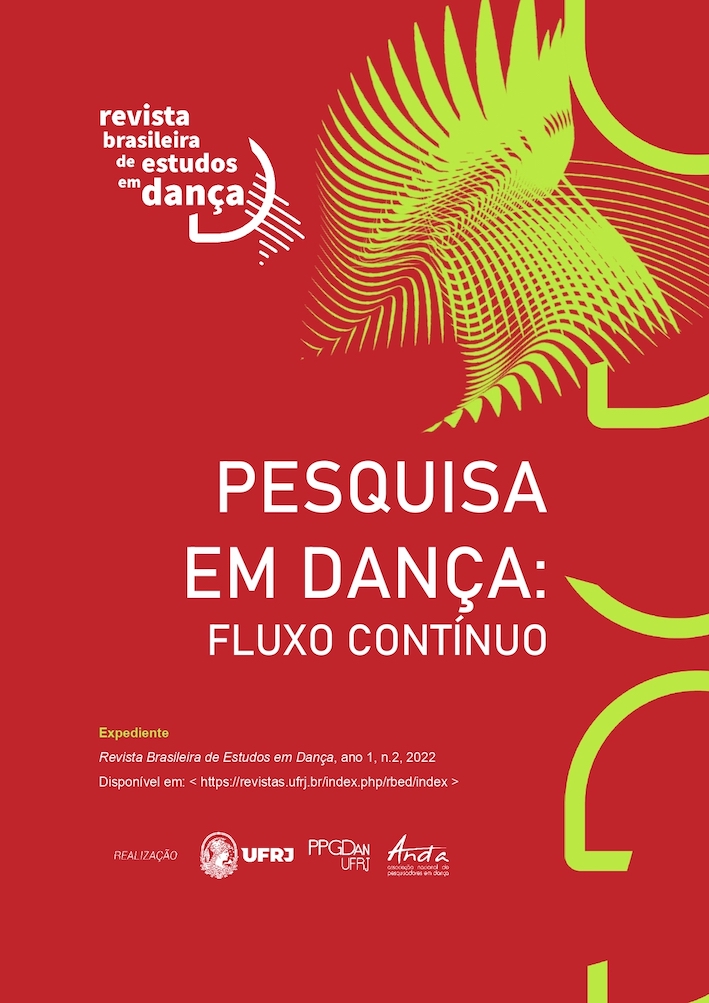Subjectivation and educational processes in the Sacred Circle Dances
DOI:
https://doi.org/10.58786/rbed.2022.v2.n2.54629Keywords:
Danças Circulares Sagradas, Subjetivação, Educação, Estilística da existência, Cuidado de si.Abstract
We propose to observe possible resonances between the corporal-collective experience installed in the Sacred Circular Dances (SCD) and the subjectivation/ educational processes. Therefore, we seek support in the enactive approach to draw compositions with a report involving this practice. The starting point was the following question: how can the relational dynamics of the SCD offer powerful spaces for encountering forces that intensify our experience of the self and mobilize educational processes for the teachers? By placing this question within the scope of the report in focus here, it was observed that the practice of the SCD promotes an intense involvement that demands a perceptive calibration ofthose who participate in it. Such calibration is evidenced between the dimensions of sensibilities and the sacred, through an ethical and aesthetics perspective that progressively constitutes not only the subjectivation processes, but also the educationalmovement of the future SCD teachers.
Downloads
Published
Versions
- 2023-11-30 (2)
- 2022-12-30 (1)
How to Cite
Issue
Section
License
Authors who publish in the Revista Brasileira de Estudos em Dança are
responsible for the content of signed articles and retain copyright.
They grant the journal the right of first publication with the work simultaneously
licensed under the Creative Commons Attribution-NonCommercial 4.0 License
(Open Archives Initiative - OAI). This feature, used for open-access journals,
allows sharing work for non-commercial purposes and acknowledges
authorship. If the text is later published in another vehicle, the author
must inform that it was initially published as an article in the Revista Brasileira
de Estudos em Dança. Therefore, even if the journal owns the first publication,
authors are entitled to publish their work in institutional repositories or on
their personal pages, even if the editorial process has not been completed.
The journal reserves the right to make normative, orthographic, and grammatical changes to maintain the language standard, respecting the authorial style.

